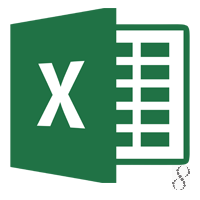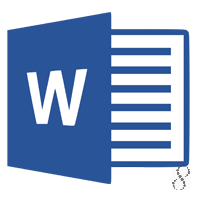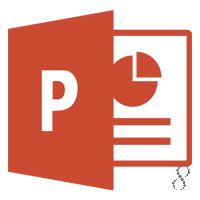Sources of DICPROOF Problems
Troubles Opening DICPROOF Files
Microsoft Excel Removed
Double-clicking your DICPROOF file prompts the message "%%os%% Can't Open DICPROOF File". Generally, this is experienced in %%os%% because Microsoft Excel isn't installed on your PC. This will prevent you from double-clicking to open the DICPROOF file because the OS doesn’t know how to handle it.
Tip: If you have another software that you know opens DICPROOF files, you can select it by hitting the "Show Apps" button.
Incorrect Microsoft Excel Version
In some cases, you might have a newer (or older) version of a Microsoft Dictionary Proofing File file that is unsupported by your installed application version. Visit the Microsoft Corporation website to download (or purchase) the latest version of Microsoft Excel. This issue mainly occurs when your Microsoft Dictionary Proofing File file was created by a newer version of Microsoft Excel than you have on your PC.
Tip: If you right-click on your DICPROOF file, then select "Properties" (Windows) or "Get Info" (Mac), you can obtain hints about what version you need.
Conclusion: The majority of DICPROOF file opening issues are due to not having the correct Microsoft Excel version installed.
Other DICPROOF File Issues
Assuming you have the right Microsoft Excel version installed, other problems can prevent you from opening DICPROOF files. There can be other issues - unrelated to software - preventing you from opening DICPROOF files. Additional factors include:
- Windows Registry DICPROOF file paths that are incorrect
- The DICPROOF file description within the Windows Registry was removed
- Invalid installation of a DICPROOF-associated program (eg. Microsoft Excel)
- The DICPROOF itself is corrupted
- DICPROOF file integrity has been compromised by malware
- Hardware related to DICPROOFs has device driver corruption
- Insufficient system resources to successfully open Microsoft Dictionary Proofing File files
Quiz: Which of the following is not a MIME type?

That's Correct!
Spreadsheet MIME types do not begin with the "spreadsheet/" prefix, but instead start with the "application/" prefix. For example, an OpenDocument Spreadsheet: "application/vnd.oasis.opendocument.spreadsheet".
Close, but not quite...
Spreadsheet MIME types do not begin with the "spreadsheet/" prefix, but instead start with the "application/" prefix. For example, an OpenDocument Spreadsheet: "application/vnd.oasis.opendocument.spreadsheet".




















